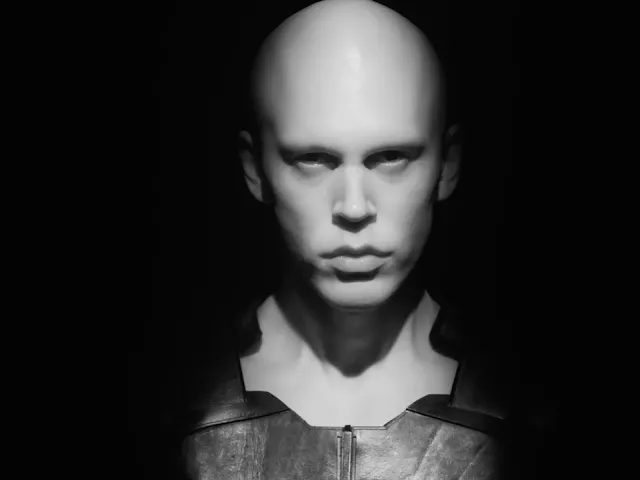This deviation from Frank Herbert's original novels not only deepens the character's complexity but enriches the entire lore of the Dune saga.
By drawing parallels between Feyd-Rautha and Paul Atreides through shared prescient abilities, the film explores themes of duality, destiny, and the unpredictable nature of genetic inheritance, thus adding a rich layer of philosophical depth to the narrative.
Prescience, the ability to foresee the future, is a central motif in Herbert's universe, manifesting most notably in Paul Atreides after his exposure to the spice melange. This ability marks him as the Kwisatz Haderach, a prophesied figure capable of navigating time and space with his mind.
The narrative decision to hint at Feyd-Rautha possessing similar abilities diverges from the source material, suggesting a broader distribution of prescience that challenges the exclusivity of Paul's gift and complicates the Bene Gesserit's genetic manipulations.
The allusion of prescient abilities to Feyd-Rautha's character arc draws a parallel to Paul's journey, emphasizing the theme of mirrored fates. Both scions of powerful houses, their lives are intertwined by destiny and the manipulative designs of the Bene Gesserit.
This shared prescience suggests that despite their contrasting moral compasses and upbringing, both are ensnared by the same cosmic forces, highlighting a narrative of duality where each character reflects what the other might have been under different circumstances.
The implication of Feyd-Rautha's prescience also casts a shadow of doubt over the Bene Gesserit's control over their breeding program. Traditionally viewed as master manipulators, the unexpected manifestation of prescient abilities in Feyd-Rautha illustrates the inherent unpredictability of genetics.
This unexpected development challenges the notion of control and predestination, suggesting that the very traits the Bene Gesserit sought to cultivate through meticulous planning could arise spontaneously, highlighting the chaotic nature of genetic inheritance.
A vergence in the Force perhaps?
Or is it just unexpected for the viewer as the film makes it clear that Finnering has "secured the blood line"...
By integrating Feyd-Rautha's prescience into the film's narrative, Villeneuve not only aligns with Herbert's original themes but also expands upon them. This narrative choice prompts viewers to reconsider the roles of fate and free will within the Dune universe. It presents a nuanced view of destiny, where the cosmic dance between individual agency and predetermined paths is not limited to a chosen few but extends to many within the galaxy.
The film thus invites a deeper contemplation of power, foresight, and the complexities of the human condition, cementing Dune's legacy as a profound exploration of the interplay between personal agency and the currents of destiny.















